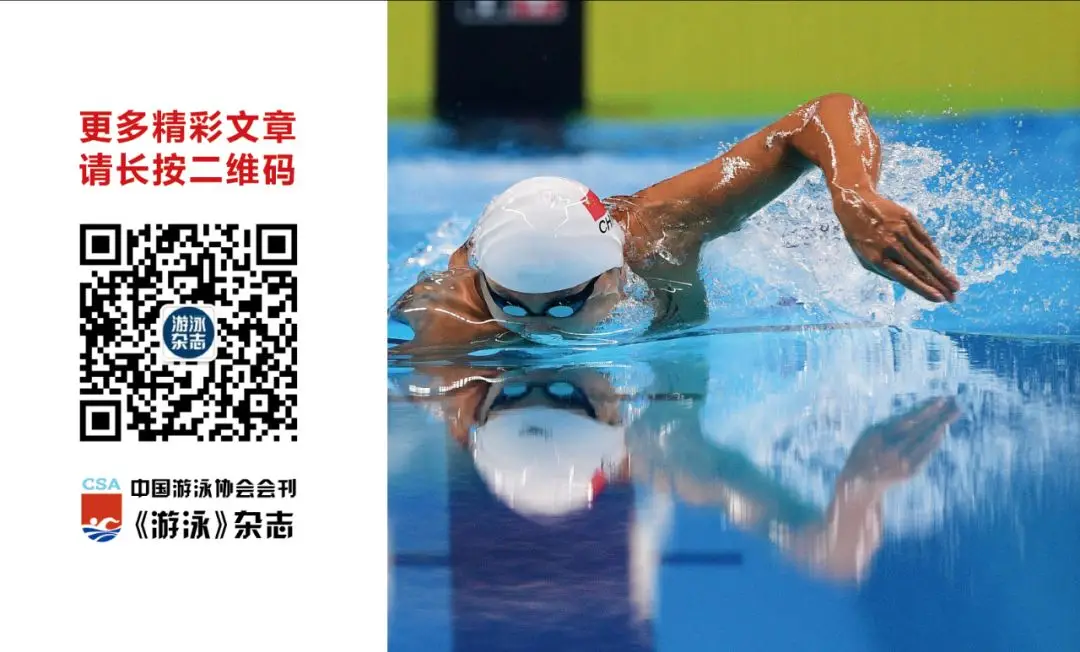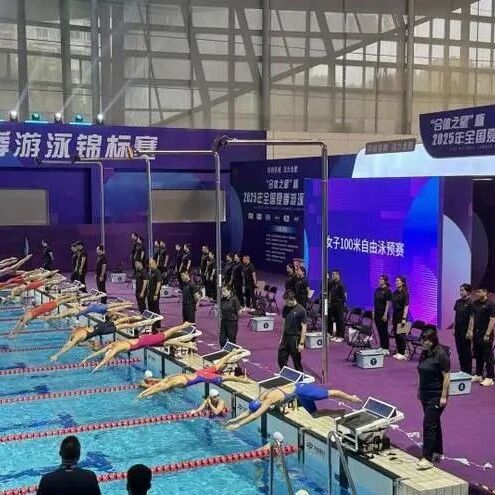The World Anti-Doping Agency condemns the U.S. bill that allegedly seeks preferential treatment by threatening to withhold membership fees.



On the 26th, the World Anti-Doping Agency (WADA) issued a statement criticizing the U.S. Senate for advancing a bill that seeks to leverage the withholding of WADA's annual membership fees as leverage, aiming to secure a privileged position for the United States within the global anti-doping governance system.
The bill was first introduced in January of this year by the U.S. House of Representatives and was approved on the 26th by the Senate Commerce Committee. The legislation mandates that the World Anti-Doping Agency meet a series of requirements set forth by the United States; otherwise, it would authorize the U.S. Office of National Drug Control Policy (ONDCP) to halt the agency’s membership fees paid by the U.S. The key demands include ensuring "fair representation" for the United States within WADA, requiring comprehensive reforms within the organization, and guaranteeing that independent athletes from countries like the U.S. are included in decision-making bodies such as the Executive Committee or Board of Directors.
The World Anti-Doping Agency stated in a release that the U.S. proposal for this bill was triggered by the 2021 incident involving multiple Chinese swimmers who tested positive for trimetazidine despite having no fault. Although an independent prosecutor concluded that the WADA’s handling of the case had consistently adhered to the rules, Travis Tygart, CEO of the U.S. Anti-Doping Agency (USADA), has persistently exploited media platforms and the Senate to sensationalize the Chinese swimmers’ case—driven by a clear political agenda. His actions have misled athletes and other stakeholders, severely damaging the reputation of the World Anti-Doping Agency. It is precisely due to Tygart’s vigorous lobbying efforts that this bill has gained momentum.
The statement pointed out that the bill essentially represents "an attempt to wield financial leverage, compelling the World Anti-Doping Agency to align its governance with U.S. interests." While Teggart baselessly accuses WADA of bias in favor of Chinese swimmers in the recent incident, he simultaneously pushes for a governance system at WADA dominated by U.S. preferences. This move is not only ironic but also undermines the agency's hard-won governance reform achievements, blatantly contradicting the core principles of democratic governance and good management.
The World Anti-Doping Agency also pointed out that, since 2020, it has been urging the U.S. Anti-Doping Agency to address a long-standing loophole: Over 90% of U.S. athletes—specifically those competing within university and professional sports systems—are currently excluded from being governed by the World Anti-Doping Code.
The World Anti-Doping Agency has also expressed serious concerns about the "Enhanced Games," scheduled to be held in the United States in 2026. The statement noted that the event dangerously and irresponsibly encourages athletes to use performance-enhancing substances, drawing widespread and strong opposition from athletes worldwide, national (regional) governments, sports organizations, and anti-doping bodies. Yet, the U.S. Anti-Doping Agency and other relevant U.S. authorities have failed to take effective measures to prevent it.

Recommended:




